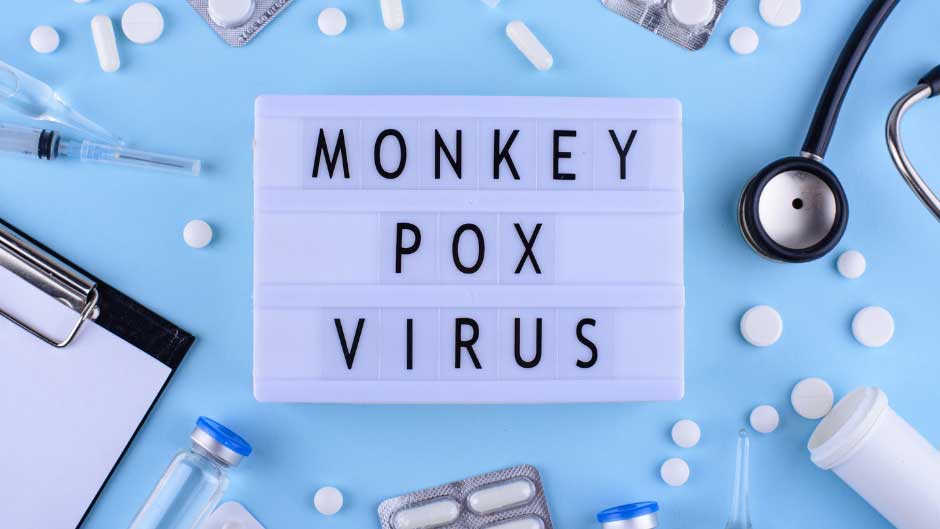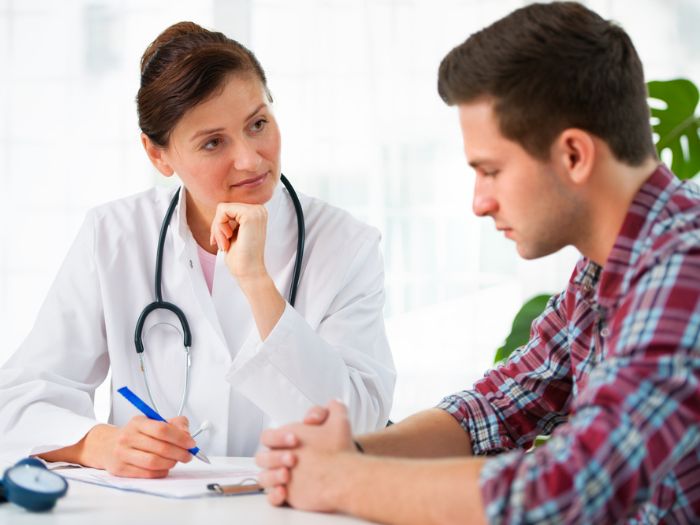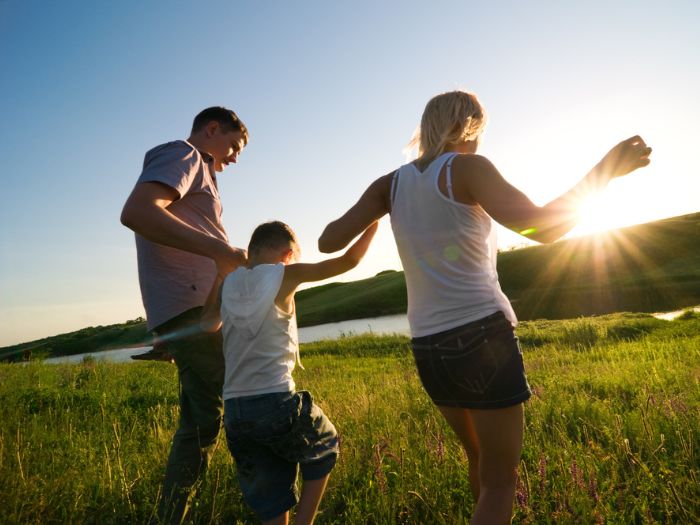Some Important information on the ongoing outbreak of the Monkeypox virus. At Epping Family Street Medical, we believe that community education is key to stopping the spread of infection through prevention and awareness.
What is it?
Monkeypox is a zoonotic viral disease that can spread from animals to humans. It is in the same virus family as the variola virus, which causes smallpox. The World Health Organization (WHO) declared the monkeypox outbreak a public health emergency of international concern on 23 July 2022.
Signs and symptoms of monkeypox infection can include:
- distinctive lesions on the body (bumps that turn into pimples, blisters or sores)
- swollen lymph nodes
- fever
- headache
- muscle aches
- joint pain
- back pain
- chills
- exhaustion
Transmission
A person with Monkeypox can be infectious from the onset of symptoms until all scabs have healed and a fresh layer of skin has formed. They can take several weeks to heal.
The transmission of Monkeypox can occur through:
- close contact with someone with sores on their skin
- body fluids, such as respiratory droplets from coughing or sneezing
- contaminated objects such as linen and towels
Transmission through respiratory droplets is low and usually only occurs through prolonged face-to-face contact.
Monkeypox is not a sexually transmitted infection (STI). However, transmission can occur through intimate physical contact during sex. In this case, it is likely that infectious skin rashes, blisters or sores are the modes of transmission.
Who is most at risk?
Immunocompromised people can be at high risk of infection, as well as pregnant women, babies and young children. If infected by the virus, they can be severely unwell. It is important that these groups of people use preventative measures.
Diagnosis and Prevention
Monkeypox is diagnosed via laboratory testing. If you suspect you have Monkeypox, you must seek medical advice and testing.
- If you are infected with Monkeypox, you must isolate yourself away from others until the sores are fully healed
- Household members should avoid physical contact with linen or towels that have been in contact with an infected person
- Use of good hand hygiene while in public with handwashing or an alcohol-based hand sanitiser
- Wear a mask if you are infected with Monkeypox in public (such as in supermarkets, pharmacies or doctors’ offices)
Treatment
Most people do not require treatment for Monkeypox. Your body will heal on its own. Some people require supportive treatment for MPX, such as simple pain relief. Antiviral medication may be used for immunocompromised people.
Vaccine
Smallpox vaccines can be effective against Monkeypox. Vaccines can be given to prevent infection or after a person is exposed to the virus; however, vaccinating before exposure is recommended for the best protection.
If you have been close to someone with MonkeyPox, receiving a Smallpox vaccination within 4 days after being exposed will provide the highest chance of avoiding the disease.






